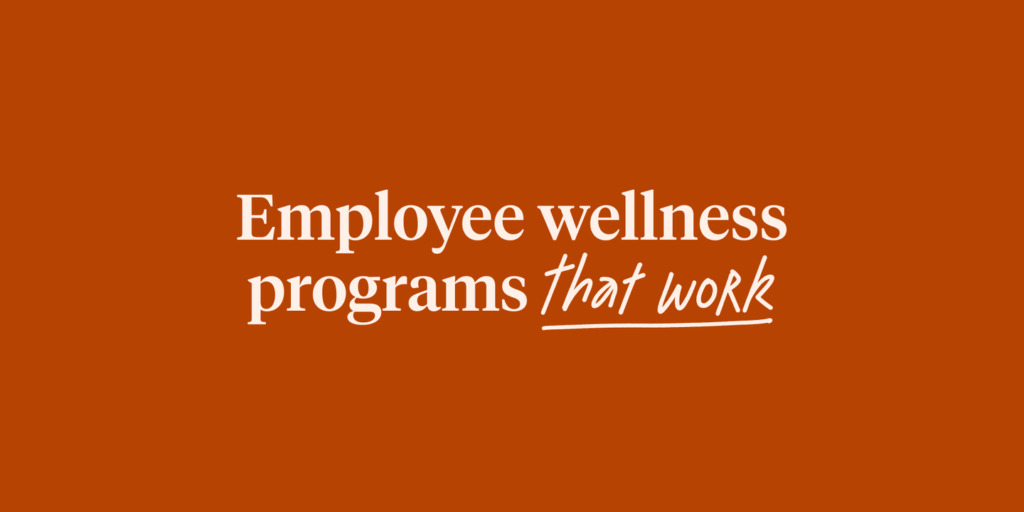Mindful Leadership Coaching offers significant benefits for self-management, team dynamics, and the workplace. Here’s a breakdown of how it contributes to each area:
Managing Self:
· Self-awareness: Mindful Leadership Coaching deepens individuals’ understanding of their thoughts, emotions, and reactions. By enhancing self-awareness, leaders can identify strengths, weaknesses, and triggers, leading to improved self-management and decision-making.
· Emotional intelligence: Mindfulness coaching fosters emotional intelligence through skills like self-regulation, empathy, and effective communication. This enables leaders to recognize and manage emotions, fostering better relationships and more effective leadership.
· Stress reduction: Coaching in mindfulness techniques helps leaders manage stress and pressure. They learn to stay present, prioritize effectively, and adopt a balanced approach, resulting in improved well-being and resilience.
Managing Teams:
· Communication and collaboration: Mindful Leadership Coaching emphasizes active listening, empathy, and clear communication, enabling leaders to build positive and effective relationships within their teams. This leads to improved collaboration, trust, and engagement.
· Conflict resolution: Coaching equips leaders with techniques to navigate and resolve conflicts constructively. They learn to approach conflicts with openness, curiosity, and non-judgment, facilitating effective resolution and a harmonious work environment.
· Team engagement and motivation: Mindfulness practices help leaders create a supportive and motivating environment. By encouraging mindfulness in their teams, leaders enhance focus, creativity, and overall well-being, resulting in increased engagement and productivity.
Managing the Workplace:
· Decision-making and problem-solving: Mindful Leadership Coaching enhances leaders’ ability to make informed and thoughtful decisions. It enables them to approach problem-solving with a calm and focused mindset, leading to more effective and innovative solutions.
· Adaptability and resilience: Coaching in mindfulness helps leaders develop resilience and adaptability in the face of change and uncertainty. They learn to embrace challenges with a flexible and open mindset, leading their teams through transitions successfully.
· Ethical leadership: Mindful Leadership Coaching emphasizes values-driven leadership and ethical decision-making. Leaders gain a deeper understanding of their values and learn to align actions with ethical principles, fostering a positive and ethical workplace culture.
In summary, Mindful Leadership Coaching empowers leaders to manage themselves, their teams, and the workplace more effectively. Through the development of self-awareness, emotional intelligence, and mindfulness skills, leaders can create a positive and productive work environment, resulting in improved performance, employee satisfaction, and organizational success.



